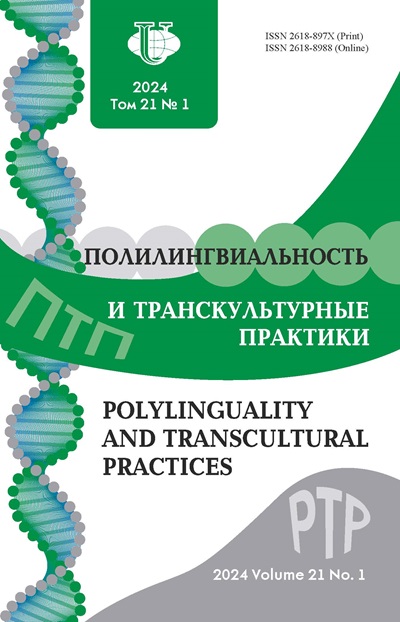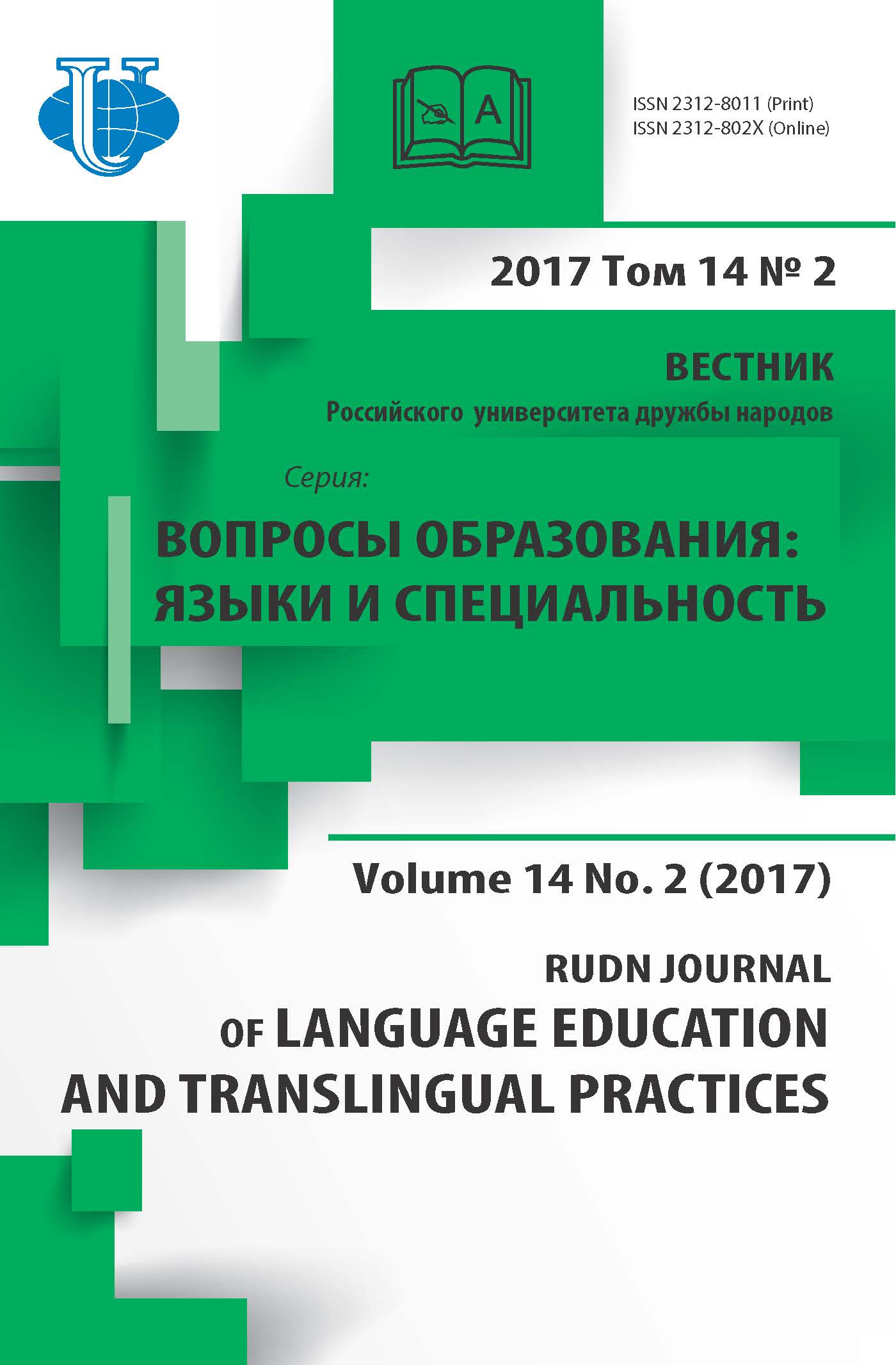CHANGES IN THE RUSSIAN SPEECH OF ETHNIC GERMANS IN MODERN GERMANY
- Authors: Nedopekina EM1
-
Affiliations:
- Peoples’ Friendship University of Russia
- Issue: Vol 14, No 2 (2017)
- Pages: 233-238
- Section: LANGUAGES IN CONTACT: THEORY AND PRACTICE
- URL: https://journals.rudn.ru/polylinguality/article/view/16561
- DOI: https://doi.org/10.22363/2312-8011-2017-14-2-233-238
Cite item
Full Text
Abstract
The community of the German-speaking population is heterogeneous in its ethnic, cultural and religious composition. Along with immigrants from all over the world, it includes immigrants from the former Soviet Union, ethnic Germans or their distant relatives. The solidarity of the community thus is ensured by the use of the Russian language within the family and in the friendly, neighboring environment. However, the degree of the Russian language preservation in this community is different, as the language is separated from its metropolis and functions in a constant contact with the German language as the title language of Germany. Our research of the emigrant language belonging to the settlers from the CIS at different times and due to different reasons shows how significant this heterogeneity is.
Keywords
About the authors
E M Nedopekina
Peoples’ Friendship University of Russia
Author for correspondence.
Email: enedopekina@gmail.com
Candidate in Philology, Assistant of the Department of General and Russian Linguistics, Philological Faculty, RUDN University
Miklukho-Maklaya str., 10-2A, Moscow, Russia, 117198References
- Nork О.А. Osnovnye intonacionnye modeli nemeckogo âzyka [Basic intonational models of the German language]. L.: Inostrannyeâzyki v škole, 1964. No. 3. P. 31—42.
- Zemskayâ Е.А. Âzyk russkogo zarubežʹâ: dva polûsa [Language of the Russian Abroad: two Poles] (eds). Âzyk. Kulʹtura. Gumanitarnoe znanie. K stoletiû G.O. Vinokura. Мoscow: Naučnyj mir, 1999. P. 236—257.















